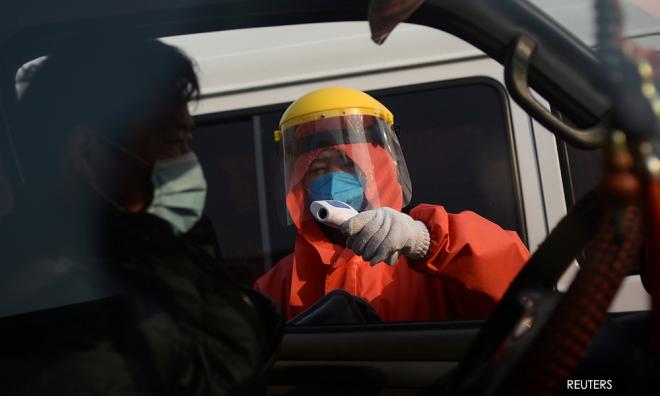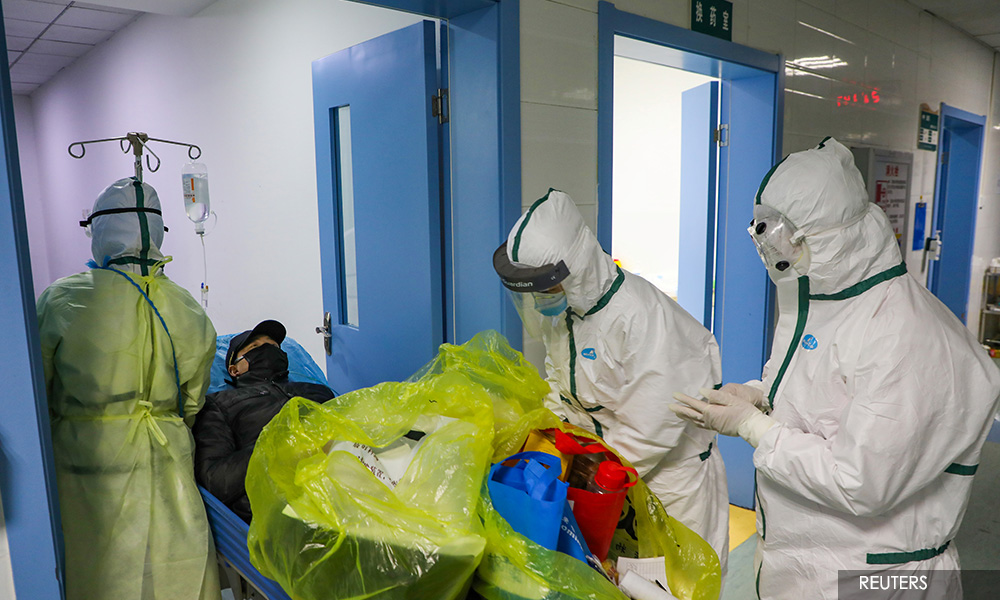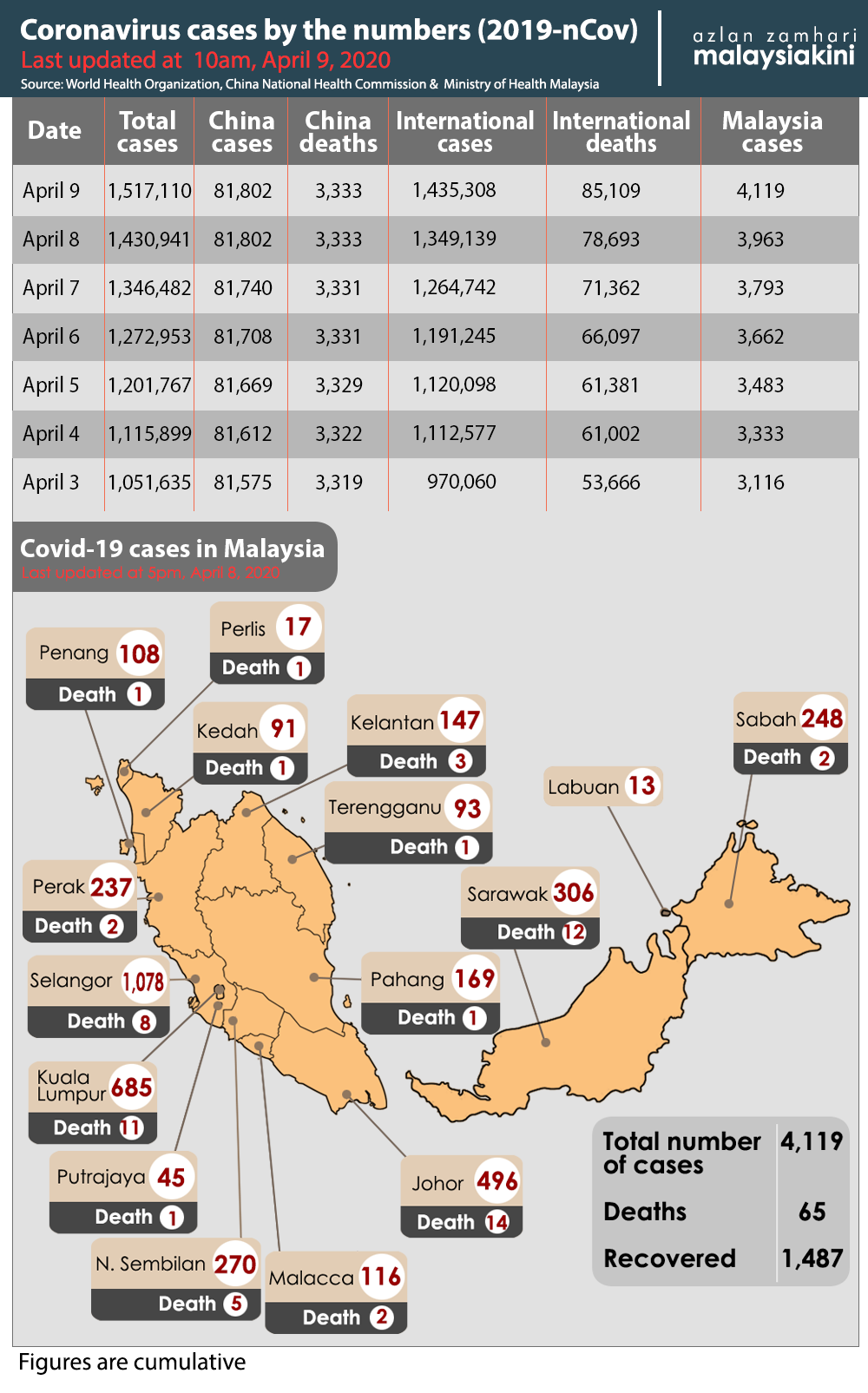
CORONAVIRUS | Until a vaccine has been developed for Covid-19, countries who intend to lift their lockdowns should monitor their population closely for new infections and adjust their controls, according to a study based on the experience in China.
Even though China's first wave of Covid-19 has been brought to an end by the government's tight controls over daily life, the danger of a second wave is very real, reported The Guardian.
"While these control measures appear to have reduced the number of infections to a low level, without herd immunity against Covid-19, cases could easily resurge as businesses, factory operations, and schools gradually resume and increase social mixing, particularly given the risk of imported cases from overseas as Covid-19 continues to spread globally," said University of Hong Kong professor Joseph T Wu, who co-led the research.
China has pushed the reproductive number – the number of people on average that one person with Covid-19 will infect – from two or three to below one, where the epidemic is effectively shrinking.
However, the researchers of the study warned, the number will rise again if normal life is allowed to resume too quickly or too many controls are lifted all at once. If governments insist on doing so, they will have to be prepared to monitor the situation closely, they added.
"Although control policies such as physical distancing and behavioural change are likely to be maintained for some time, proactively striking a balance between resuming economic activities and keeping the reproductive number below one is likely to be the best strategy until effective vaccines become widely available," Wu said.
"Although control policies such as physical distancing and behavioural change are likely to be maintained for some time, proactively striking a balance between resuming economic activities and keeping the reproductive number below one is likely to be the best strategy until effective vaccines become widely available," Wu said.
The study, which was published in the Lancet medical journal, is based on the modelling of the epidemic in China, reported The Guardian.
It shows that the death rate in mainland China was far lower, at less than one percent, than in Hubei province where the epidemic began, which had a death rate of nearly six percent.

It also varied according to the economic prosperity of each province, which was related to the healthcare available.
“Even in the most prosperous and well-resourced megacities like Beijing and Shanghai, healthcare resources are finite, and services will struggle with a sudden increase in demand.
“Our findings highlight the importance of ensuring that local healthcare systems have adequate staffing and resources to minimise Covid-related deaths," said senior author Prof Gabriel M Leung from the University of Hong Kong.
The analysis in the study used local Health Commission data of confirmed Covid-19 cases between mid-January and February 29 in Beijing, Shanghai, Shenzhen, Wenzhou and the 10 provinces outside Hubei with the highest numbers of cases.
The results of the analysis have led the researchers to urge governments that controls should be relaxed gradually.
Allowing the rate of infections to rise again “would probably incur both marginally higher health and economic loss”, even if tough measures are put back in place to bring the numbers of cases back down.
Striking a balance between allowing economic activities and keeping controls tight enough to prevent a rise in infections “is likely to be the optimal strategy until effective vaccines become widely available, despite the fact that control policies, including social distancing, behavioural change and public awareness will probably be maintained for some time”.

- Mkini


No comments:
Post a Comment
Note: Only a member of this blog may post a comment.